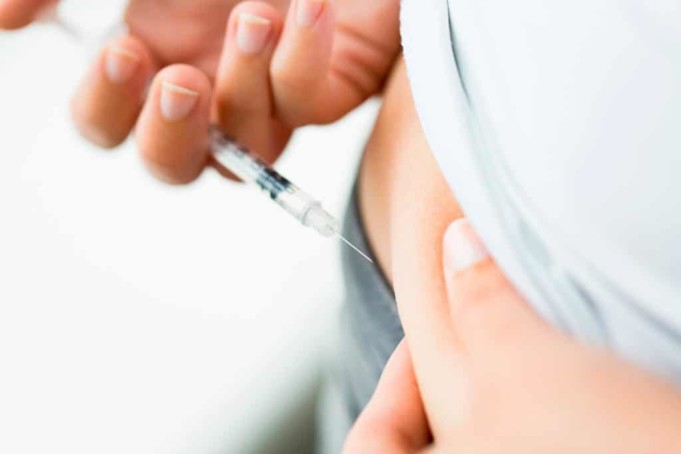Being diagnosed with prediabetes is a warning sign. If you do not take action to adjust your lifestyle, there is a good chance that you will develop type II diabetes. This happens when the insulin that is produced by your pancreas does not work effectively on the cells in your blood.
Normally the insulin enables the cells to convert blood sugar into energy. When the insulin does not work effectively the blood sugar builds up, leading to type II diabetes. Once you have been diagnosed with prediabetes, you can speak to your doctor about whether you should check your own blood sugar levels on a regular basis.
This is a good idea for some people, and could help you keep your blood sugar levels in check by enabling you to see which foods and activities cause your levels to spike. Checks are simple to do and you can get regular supplies from providers such as USMED.
Aside from keeping a check on blood sugar levels, it’s also important to make sure that you eat the right foods to keep your blood sugar levels in check.
Eating the right carbohydrates
You can eat carbohydrates as part of a balanced diet, and help to reverse your issues with prediabetes. However, you need to make sure that you choose the right type of carbohydrates as often as possible.
Refined carbohydrates, such as those that can be found in white bread, are easy to digest. This causes blood sugar levels in your body to rise quickly and puts pressure on the insulin which should enable cells to convert the blood sugar to energy. Eventually, the body becomes insulin resistant, resulting in type II diabetes.
This is why you should eat carbohydrates in the form of whole grain products whenever possible. Choose a wholegrain loaf to use for toast and sandwiches and eat wholegrain rice with meat and fish, instead of the white rice which most people use.
Choosing healthy protein sources
Protein also forms part of a healthy diet, if eaten in moderation. You should ensure that you choose protein from healthy sources such as fish, lean meat, nuts and seeds. Proteins require insulin for metabolism but good portion control helps to reduce the pressure on insulin in the body.
This is why it’s important to eat regular meals and not skip eating all day because you are busy. Doing this leads to you loading your plate at dinner time and putting unhealthy pressure on the insulin in your body.
Limiting sugar intake
Being diagnosed as prediabetic does not mean that you need to remove sugar from your diet altogether. It does mean that you need to be careful about the amount that you eat.
- Stick to eating sugary products as part of a whole meal and not as something to snack on. Replace the sweet snacks you love with healthy options, such as a piece of fruit.
- If you want to have a sugary dessert at the end of a meal reduce the amount of carbohydrates that you eat during the meal. Doing so balances out pressures on insulin and helps to reduce the chances of you becoming insulin resistant.
- Drink water instead of sugary drinks. This does not just help reduce sugar intake, it also helps you to remain hydrated. There are many benefits to being properly hydrated including improved energy levels and better hair and skin condition.
Not just about diet
Dealing with a diagnosis of prediabetes is not just about changing your diet. Many cases of prediabetes are caused by an individual being overweight, This is why exercise is so important. Just thirty minutes of moderate exercise each day helps you to lose wight.
Exercise also helps to release blood sugar into the body to produce energy which reduces the chances of prediabetes turning into full-blown type II diabetes. It’s a good idea to check with your doctor before you start any type of exercise so that they can clear you as being fit enough to do so.
This advice is useful in helping to deal with a diagnosis of prediabetes.
But, it’s important to remember that everyone is different, so there may be nutritional advice that is specific to you. When you receive the diagnosis you should have a consultation with your doctor.
They will talk to you about how you can improve your diet and lifestyle in order to reduce the chances of you developing type II diabetes.












